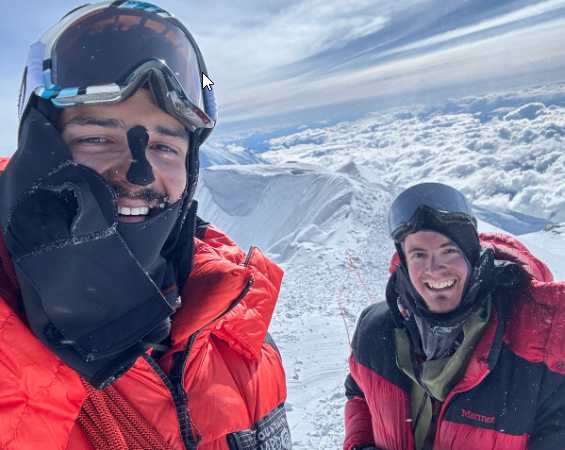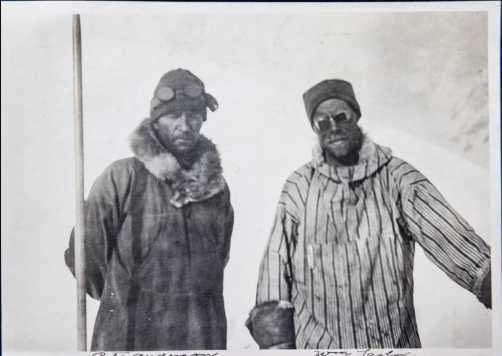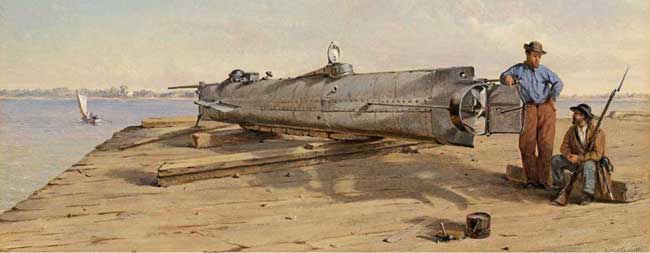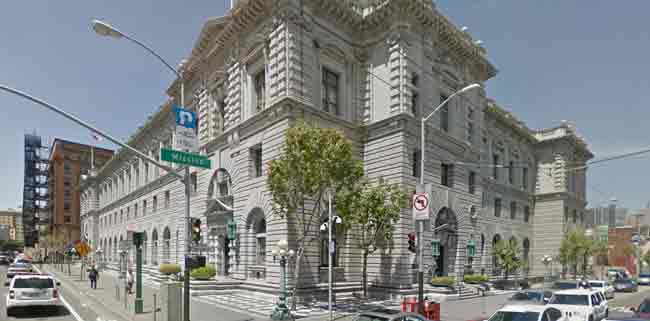FAIRBANKS – A Utah doctor was sentenced by U.S. Magistrate Judge Scott A. Oravec to a five-year ban from climbing Denali and will pay $10,000 after pleading guilty to violating a lawful order during an accident investigation of the defendant’s climbing partner who fell more than 1,000 feet from the top of Denali Pass. In issuing the sentence, Judge Oravec noted the seriousness of the case given the extremely dangerous environment in which the defendant impeded the investigation.
According to court documents, Dr. Jason Lance, 48, of Mountain Green, Utah, was attempting to summit Denali via the West Buttress route with a new climbing partner, A.R., on May 24, 2021. Between 18,600 and 19,200 feet A.R. became ill, causing Dr. Lance to leave A.R. with a separate climbing team while he proceeded to make a solo summit attempt, taking A.R.’s Garmin inReach satellite communication device with him.
Shortly after Dr. Lance rejoined A.R. and others, A.R. fell un-roped from the top of Denali Pass tumbling more than 1,000 feet down a steep snow and ice slope. Multiple teams reported the fall and Denali National Park’s high-altitude helicopter quickly mobilized for an evacuation, extracting A.R. from the mountain in less than 30 minutes and transporting him for life saving medical care. During testimony, Denali Mountaineering Ranger and Law Enforcement Officer Chris Erickson noted that A.R. was one of the most significant rescues in the park’s history.
After A.R.’s rescue, witnesses testified that Dr. Lance used A.R.’s inReach device to message the National Park Service, first claiming they did not have proper equipment to descend and then misleadingly claiming that two other climbers were suffering from shock in an attempt to secure a helicopter extraction at the top of Denali Pass. One of those climbers, Grant Wilson, testified that he and the other climber were at no time suffering from medical shock, as Dr. Lance’s inReach message misleadingly implied. Dr. Lance continued to dispute this allegation. During testimony Mountaineering Ranger Erickson noted that Denali Pass is an extremely dangerous place for a helicopter rescue for both the climbers and the rescuers due to the high winds that funnel directly through the Pass. Ultimately, the two other climbers convinced Dr. Lance to descend under his own power, and the three made it down safely to the 17,200 ft high camp.
Upon returning to 14,200 ft camp, Mountaineering Ranger Erickson instructed Dr. Lance to turn over A.R.’s inReach device so the National Park Service could return it to A.R. or his family. Dr. Lance initially refused to return the device and proceeded to engage in actions that led the Ranger to believe Dr. Lance was deleting messages from the device. Subsequent investigation revealed that multiple messages had been deleted from the inReach device, including a message in which Dr. Lance requested a helicopter rescue from a different rescue agency for different reasons than those he cited to the National Park Service.[content id=”79272″]
In November 2021, Dr. Lance was charged with three misdemeanors: interfering with a rescue operation, violating a lawful order and making a false report. Earlier this month he pleaded guilty to the charge of violating a lawful order. In addition to the $5,000 fine and a 5-year ban from climbing Denali, the court ordered Dr. Lance to make a $5,000 donation to the Denali Rescue Volunteers https://www.denalirescue.org/take-action. Both Erickson and Wilson testified that Lance’s conduct on the mountain was extremely dangerous and that the 5-year climbing ban was warranted.
“Impeding the investigation of a near-fatal accident and attempting to secure helicopter rescue under misleading premises evinces a selfishness and indifference to the scarcity of public safety and rescue resources that is unacceptable anywhere, let alone on the tallest peak in North America,” said U.S. Attorney John E. Kuhn, Jr. of the District of Alaska. “The U.S. Attorney’s Office has the important duty of prosecuting crimes and wrongdoings that occur in the 6.1 million acre Denali National Park & Preserve. As this case demonstrates, we and our law enforcement partners take that duty seriously, and we will pursue those crimes at whatever altitude they occur.”
“Rescue on Denali is inherently dangerous for both rescuers and those being rescued,” said Brooke Merrell, acting superintendent for Denali National Park and Preserve. “Any rescue above 14,000 feet is a serious endeavor and should not be taken lightly or be expected. I would like to recognize and thank the Denali mountaineering rangers for the quick response and skillful rescue that saved a life related to this case last May. We are also grateful for the dedicated work of the Assistant U.S. Attorney’s office that brought this case to a successful conclusion.”
The National Park Service reminds visitors to select hikes and routes that are within their ability and comfort levels. Park visitors should plan, prepare and ask appropriate questions to ensure a successful experience. Denali, located in interior Alaska about 245 miles north of Anchorage, is the highest mountain in North America, rising 20,310 feet above sea level in the heart of Denali National Park and Preserve. Approximately 1,000 climbers from around the world attempt to summit Denali each year, with the majority ascending the traditional West Buttress route.
The National Park Service is investigating the case.
Assistant U.S. Attorney Ryan Tansey is prosecuting the case.
###[content id=”79272″]







